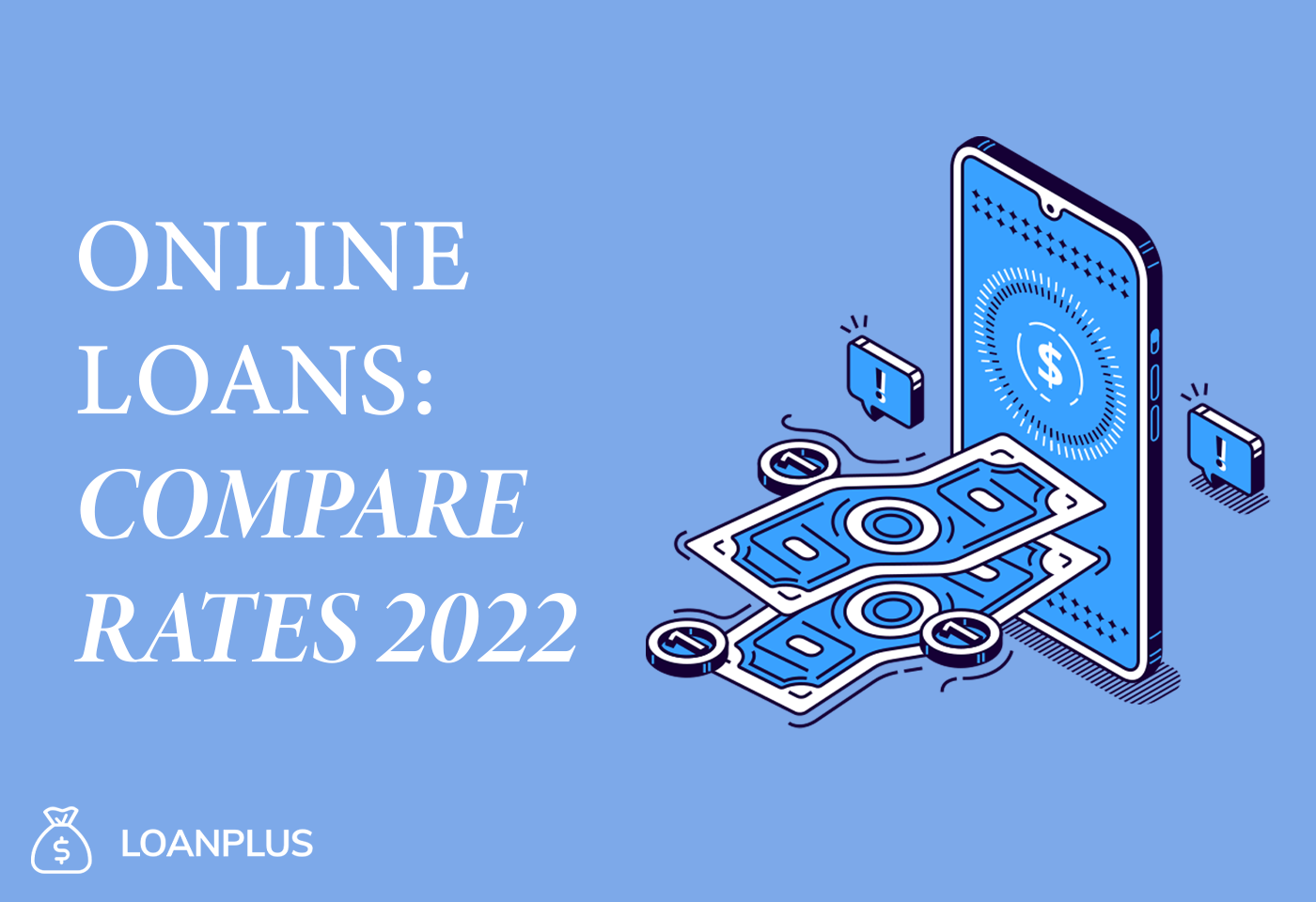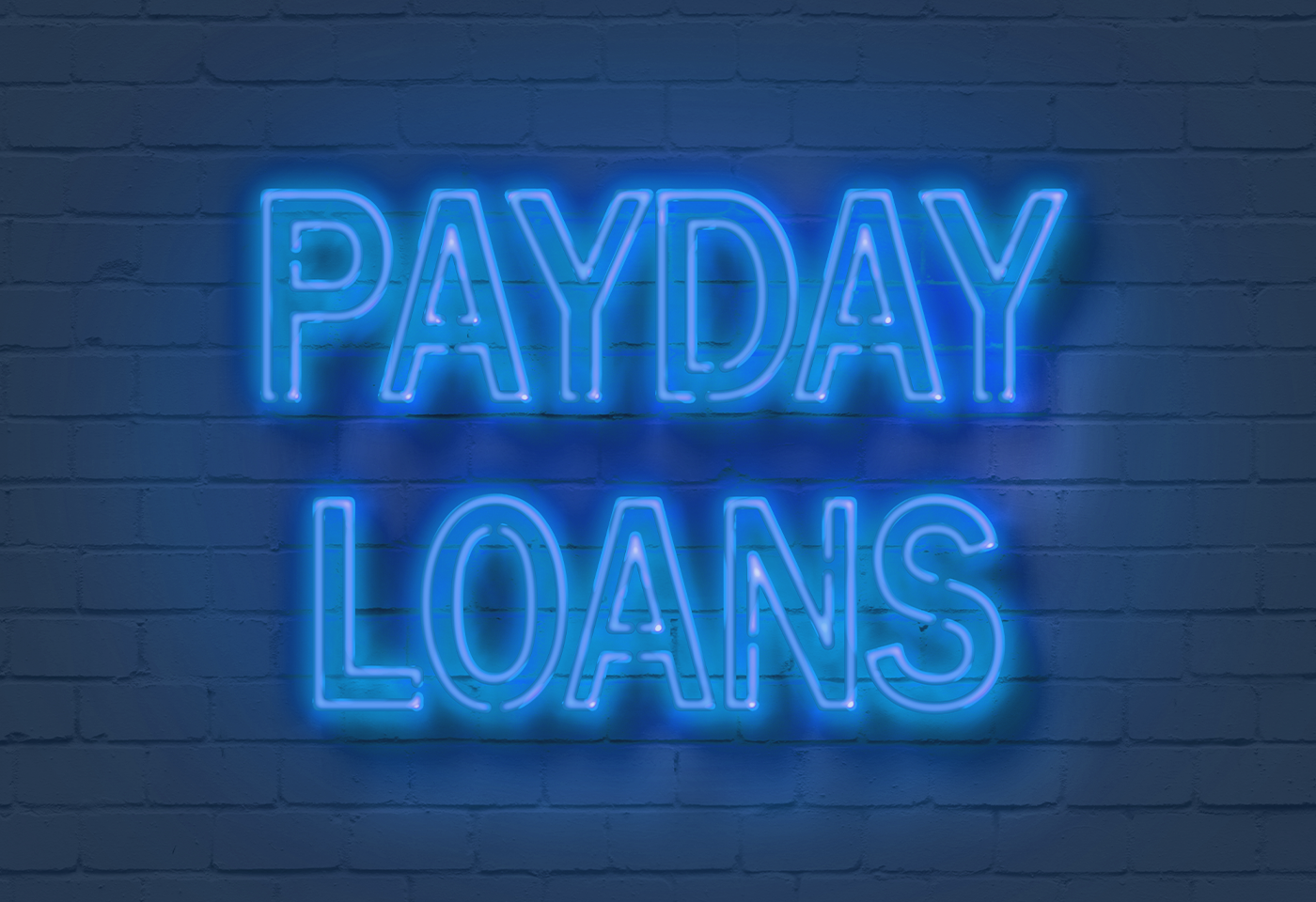
Nowadays, when people want urgent cash, they quickly turn to various sorts of online loans, which are simple to get and are typically short-term, ensuring that the borrower's financial health is not jeopardized. In this article, we will attempt to clarify the distinctions between online loan types and compare their rates for 2022.
Payday Loans

The most common type of online loan is a payday advance, which is a small short-term loan that is payable within two weeks to 30 days, or until the borrower's next paycheck. Borrowers can use this sort of loan to pay off minor, urgent expenditures in a single lump amount. Payday loans, on the other hand, may have higher interest rates and APR. For example, online lenders may charge between 15% and 25% of the loan amount for each $100 borrowed, and the APR may occasionally exceed 499 percent. However, because payday advances do not exceed $2500, repaying them will not be financially challenging.
Personal Loans
Customers who want more money frequently choose personal loans, which are larger than payday advances, offer longer payback terms, and lower interest rates. Personal loans range in size from $1,000 to $100,000, with terms ranging from 12 to 84 months. In 2022, the best personal loan interest rates range from 3% to 36%. The rates are normally determined by the client's credit score, debt-to-income ratio, the amount he wishes to borrow, and the term.
Installment Loans

Installment loans typically range from $5000 to $50000, and in some cases up to $100,000, and are repaid in monthly installments over a period of two to seven years. Each payment will have a deadline that you must follow. Due to the intrinsic nature of these loans, you will not be able to pay off the loan early or late without incurring penalties and paying fines. In general, a lender determines whether you qualify for an installment loan or not, and the interest rate is based on factors such as your credit history and score, income, and existing debts. For the best installment loans in 2022, Forbes.com estimates the interest rate range from 3.49 percent to 35.99 percent.
Peer-to-peer Lending
P2P lending entails borrowing from others. They can benefit many people since they let them borrow money from other people rather than from banks or other financial organizations. At the same time, those who wish to gain money can lend to others and receive more in return due to the interest. P2P loan rates start at 6.99 percent APR for customers with excellent credit. The interest rate remains stable throughout the loan's term, and payments are regular from month to month. Furthermore, there are no prepayment penalties so that borrowers may pay off or restructure their loans. It is simple to obtain one online since thousands of internet platforms connect lenders and borrowers based on their needs.
Guarantor Loans
A guarantor loan is an unsecured loan in which a guarantee co-signs the credit agreement. A guarantor is someone who undertakes to reimburse the borrower's loan if the borrower fails to make agreed-upon payments. The guarantor is frequently a family member or close friend with a higher credit score than the borrower, and the contract is thus considered less risky by the lender. The interest rate charged for guarantor loans will be determined by the lender based on your unique circumstances and can range from around 25% to 70% APR.
Debt Consolidation Loans
The act of taking out a new loan to pay off other liabilities and consumer debts is referred to as debt consolidation. Multiple loans are consolidated into a single, bigger obligation, generally with better payback terms, reduced interest rates, and lower monthly payments. Debt consolidation can help you manage your student loan debt, credit card debt, and other responsibilities. These kinds of no guarantor loans can make life a lot simpler for some people who are beginning to feel burdened by their debt. Debt consolidation loan interest rates typically vary from roughly 6% to 36%. You'll need an excellent credit score (720 to 850 FICO) to receive the lowest rate.
Working capital loans
Many businesses may not have consistent or predictable revenue throughout the year. A working capital loan is a loan used to fund a company's day-to-day operations. These loans are not intended to purchase properties or make large investments, but rather to provide working capital for a company's short-term operating needs. The loan amount varies per lender and can reach up to $50,000. Interest rates may range from 3% to 99.9%, and the tenure can be up to 7 years.
Final Thoughts About Online Lending
Reputable online lenders realize that their success is dependent on their image for keeping their customers' information secure and confidential. These businesses take precautions to safeguard their own operations as well as the operations of their clients. If you pick one of the above-mentioned types of online financing, you may get the best answer for your scenario.
